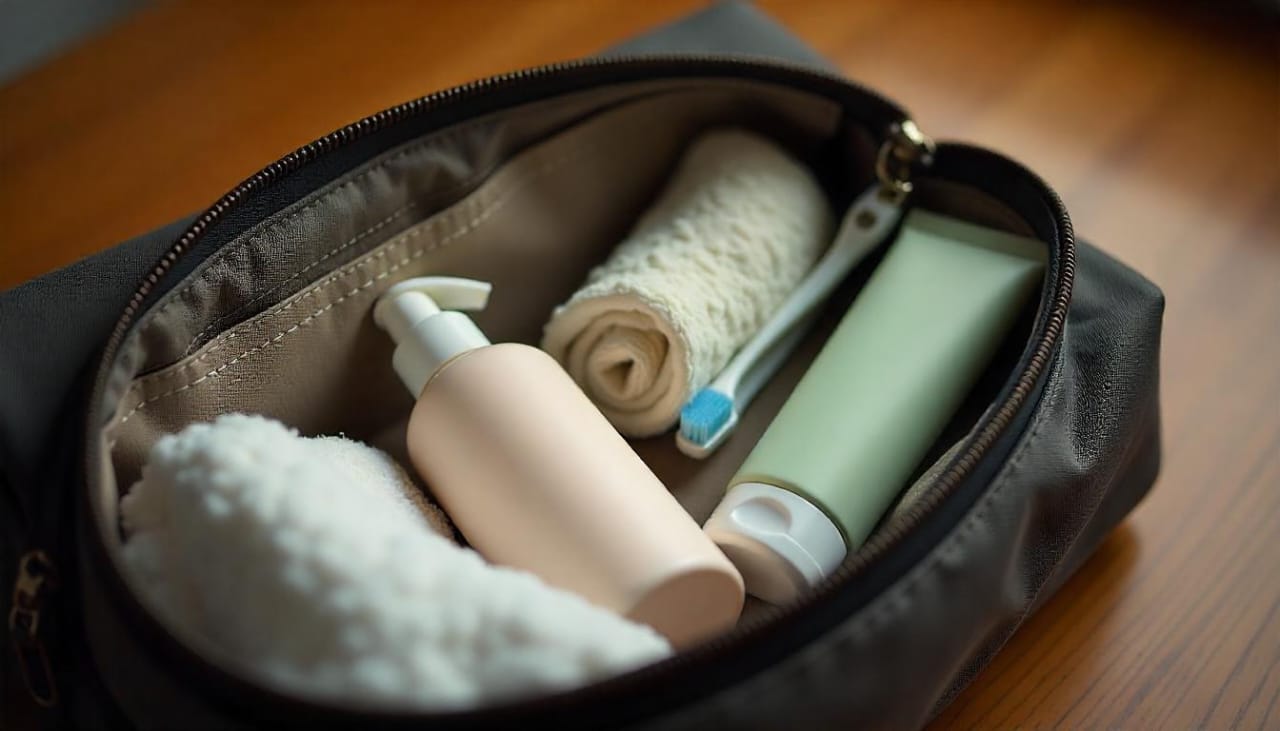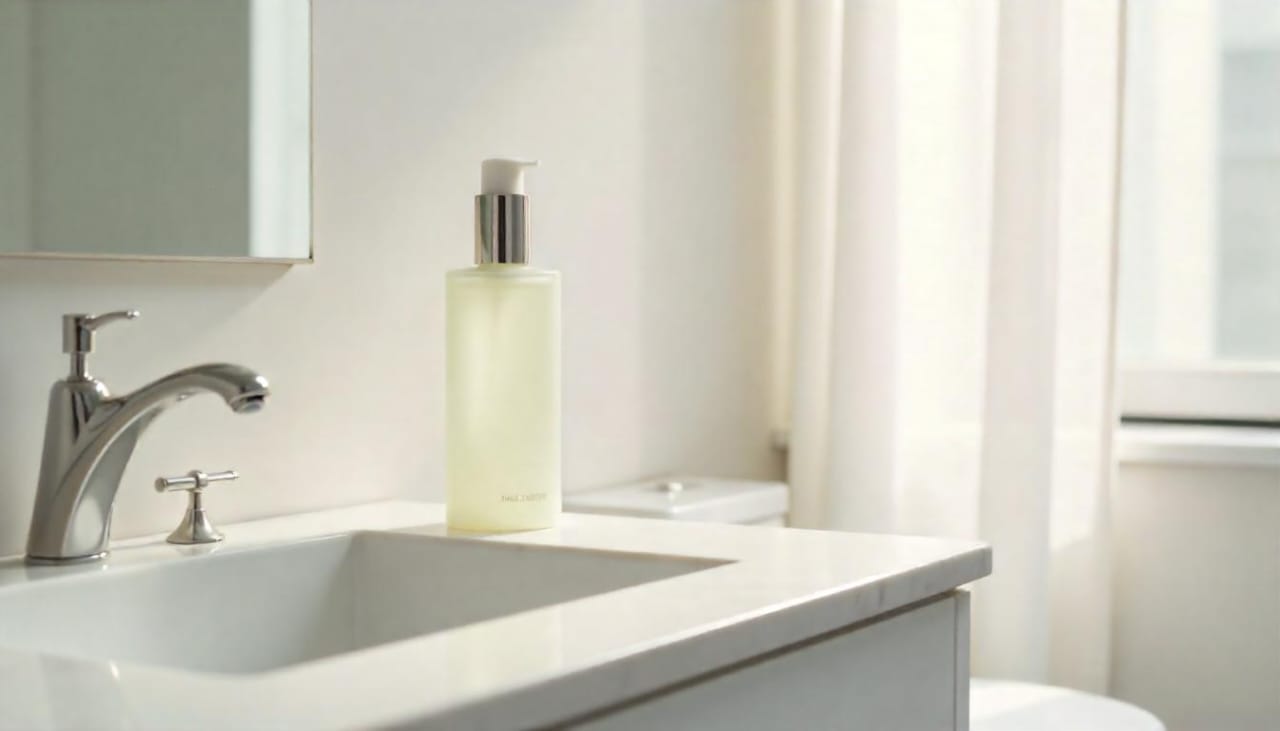Face masks have long been a luxurious treat in the skincare world, often associated with spa days and self-care rituals. However, face masks offer much more than just an occasional indulgence—they can play a pivotal role in maintaining healthy, glowing skin when used regularly. Whether you’re aiming for smoother skin, better hydration, or a brighter complexion, incorporating face masks into your routine can make a significant difference. In this blog, we’ll explore the many benefits of using face masks regularly and how they can elevate your skincare regimen.
What Are Face Masks?
Face masks are concentrated skincare treatments that are applied to the face for a specific period. These masks come in a variety of forms, including clay, cream, sheet, gel, and peel-off options. They’re formulated with active ingredients designed to target specific skin concerns such as acne, dryness, aging, or dullness. While the application time typically ranges from 10 to 20 minutes, the benefits of using face masks can be long-lasting when used consistently.
1. Instant Hydration Boost
One of the most immediate benefits of using face masks is the instant hydration boost they provide. Hydrating masks are packed with moisture-retaining ingredients that infuse the skin with essential hydration, leaving it feeling plump and dewy. This is particularly beneficial for those with dry or dehydrated skin, as these masks help replenish moisture levels and restore the skin’s natural balance. Regular use of a hydrating mask can help maintain optimal skin hydration, reducing the appearance of flakiness and dryness.
Ingredients to Look For: Hyaluronic acid, glycerin, aloe vera, and honey.
2. Deep Cleansing and Detoxification
Face masks are excellent for deep cleansing the skin. For those with oily or acne-prone skin, masks containing ingredients like clay, charcoal, or salicylic acid are perfect for drawing out impurities, excess oil, and toxins. These masks help to clear out clogged pores, preventing breakouts and blackheads. Regular use of deep-cleansing masks can help maintain clear skin by keeping your pores free from dirt, oil, and other pollutants that can cause inflammation or acne flare-ups.
Ingredients to Look For: Clay, charcoal, salicylic acid, and tea tree oil.
3. Brightening and Even Skin Tone
Another fantastic benefit of face masks is their ability to brighten dull skin and promote an even skin tone. Brightening masks, often packed with vitamin C, niacinamide, or fruit enzymes, help to fade hyperpigmentation, dark spots, and acne scars, leaving the skin looking luminous and radiant. By regularly incorporating a brightening mask into your routine, you can maintain a glowing complexion and enhance your skin’s natural radiance.
Ingredients to Look For: Vitamin C, niacinamide, glycolic acid, and papaya extract.
4. Improved Skin Texture
Exfoliating masks are a great way to improve the texture of your skin. Regular use of exfoliating face masks can help remove dead skin cells, which is essential for revealing smoother, softer skin. Exfoliating masks with gentle acids like AHAs (alpha-hydroxy acids) or BHAs (beta-hydroxy acids) can also unclog pores, refine skin texture, and reduce the appearance of fine lines and wrinkles. Over time, exfoliating masks can help achieve a more youthful, even complexion.
Ingredients to Look For: Glycolic acid, salicylic acid, lactic acid, and enzymes.
5. Anti-Aging Benefits
Regular use of face masks can have powerful anti-aging effects, helping to reduce the appearance of fine lines and wrinkles. Many masks are formulated with ingredients that stimulate collagen production, promote skin elasticity, and improve the overall firmness of the skin. By incorporating anti-aging masks into your skincare routine, you can slow down the visible signs of aging and maintain a youthful appearance for longer.
Ingredients to Look For: Retinol, peptides, collagen, and antioxidants like green tea or vitamin E.
6. Relaxation and Stress Relief
Beyond the physical benefits, face masks also offer a relaxing experience that can help reduce stress. The act of applying a mask and taking a few moments to unwind allows you to step away from the demands of the day. Many face masks are infused with soothing ingredients like lavender, chamomile, or rose, which promote relaxation and help calm both the skin and the mind. This stress-relieving effect is just one more reason to incorporate face masks into your routine regularly.
Ingredients to Look For: Lavender, chamomile, rose, and calming plant extracts.
7. Fights Acne and Breakouts
For those with acne-prone skin, face masks can be an excellent tool for keeping breakouts at bay. Masks with acne-fighting ingredients like salicylic acid, tea tree oil, or sulfur can help reduce the appearance of acne by purging clogged pores and killing bacteria. Regular use of a purifying mask can not only help clear up existing acne but also prevent future breakouts, giving you clearer and smoother skin in the long run.
Ingredients to Look For: Salicylic acid, tea tree oil, sulfur, and benzoyl peroxide.
8. Enhances Other Skincare Products
When used regularly, face masks can enhance the effectiveness of the other skincare products in your routine. By addressing specific concerns, such as hydration, exfoliation, or oil control, masks help to create a better canvas for serums, moisturizers, and other treatments. After using a mask, your skin will be more receptive to the absorption of active ingredients, maximizing the benefits of your entire skincare regimen.
Ingredients to Look For: Depending on your specific needs, masks containing ingredients like hyaluronic acid, retinol, or vitamin C will work in synergy with other skincare treatments.
9. Prepares Skin for Makeup Application
Regularly using face masks can make a big difference in how your makeup applies and wears throughout the day. By keeping your skin properly hydrated, exfoliated, and free from excess oil, your foundation and other makeup products will go on smoother and last longer. A well-moisturized face creates a flawless base for makeup, reducing the chances of dry patches or an oily T-zone that can interfere with your makeup look.
Ingredients to Look For: Hyaluronic acid, glycerin, aloe vera, and exfoliating acids.
How to Incorporate Face Masks Into Your Routine
To reap the full benefits of face masks, consistency is key. Here are some tips for using face masks effectively:
- Choose the Right Mask for Your Skin Type: Select a mask that addresses your specific skin concerns, whether it’s hydration, acne, or anti-aging.
- Use 1-2 Times a Week: Depending on your skin’s needs, use a face mask 1-2 times a week for optimal results. For more sensitive skin, you may want to start with once a week and adjust as needed.
- Cleanse Before Applying: Always cleanse your face before applying a mask to remove dirt and makeup, allowing the mask’s ingredients to penetrate deeply into the skin.
- Follow With Moisturizer: After using a face mask, finish off with a moisturizer to lock in hydration and keep your skin soft and smooth.
Conclusion: A Simple Way to Revitalize Your Skin
Incorporating face masks into your skincare routine can provide a wide range of benefits that help to improve your skin’s health and appearance. From hydration and deep cleansing to anti-aging and acne treatment, the right face mask can target your skin’s unique needs and give you the glowing, healthy complexion you desire. By using face masks regularly, you’ll enjoy smoother, more radiant skin while also reaping the relaxing and stress-relieving benefits of a mini spa treatment at home. So go ahead—pamper your skin and enjoy the rewards of radiant, refreshed skin every week!




